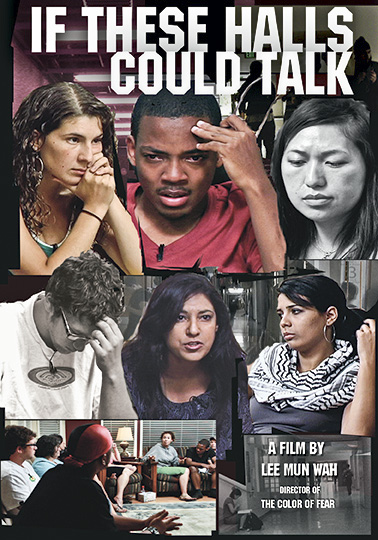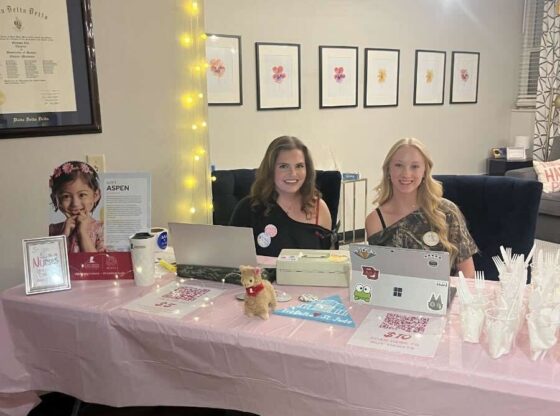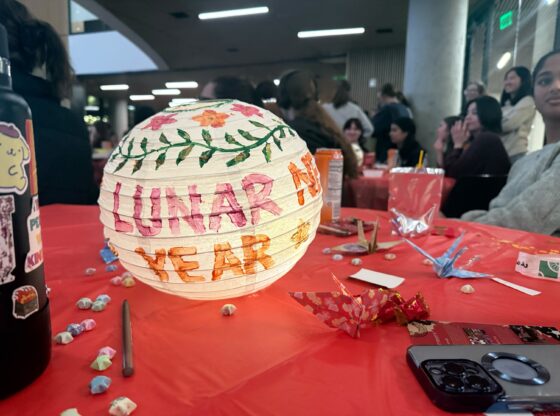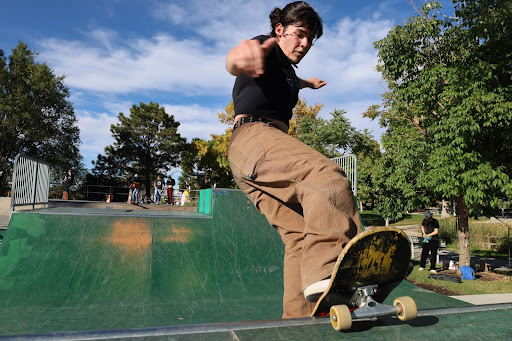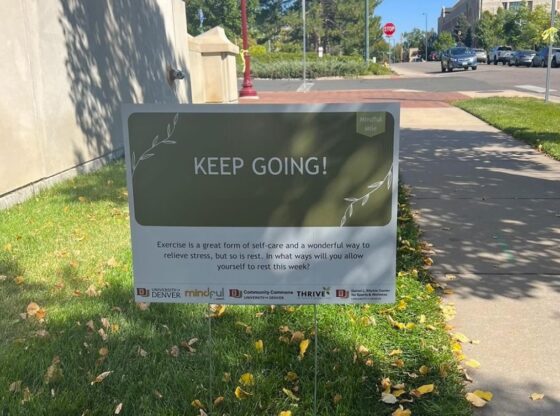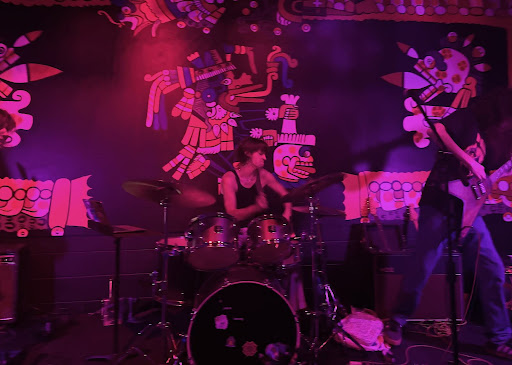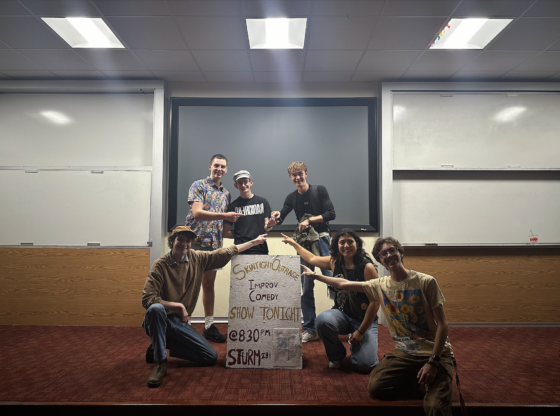On April 21, the Center for Multicultural Excellence (CME) partnered with the Media, Film and Journalism Studies department in their quarterly Flick and Feed/Back movie discussion over the documentary, “If These Halls Could Talk.” The event took place in Sturm’s Lindsey Auditorium. The movie centers around the issues of diversity and white privilege in the United States and how this affects different minority groups as well as the majority Caucasian group.
The evening started with a dinner catered by Noodles & Co. and a short PowerPoint slideshow as an introduction to the movie and some rules for discussion. Some of these rules included protecting speakers’ anonymity by not letting specific comments leave the room, and taking all comments with an attitude of open-mindedness and a willingness to learn.
The hosts and co-facilitators, Margie Thompson of the Media Film and Journalism Studies department, Nick Ota-Wang of the Admissions department and the Graduate School of Social Work and Debbie Mixon Mitchell of the CME introduced themselves. Soon the movie was underway.
While only about 40 minutes of the hour-and-a-half long movie were played, it clearly affected the audience. The documentary follows the discussions of a group of people of different ethnicities, races, sexual orientations and sexes and genders as they grapple with their roles in society.
After the movie, a group discussion began with the co-facilitators talking about their reactions and continued with a conversation including the audience. Then each person wrote their reactions and shared with people around them in a group breakout. The discussion revolved around topics such as the existence of systematic and institutionalized racism in American society and how many minority groups are forced to conform to American culture and feel a sense of split identity between trying to hold on to their own culture and assimilate to this one.
The purpose of the conversation and movie was to raise awareness on the issues of white privilege and understand how to educate ourselves on diversity. The group discussed the idea of empathy and how, even though not all of us have been discriminated against for our race or ethnicity, we have all been “Othered.” “Othering” is an action which an individual or group becomes classified to someone as “not one of us.” Feeling this connection and empathy for minority groups can lead to opportunities to challenge situations of racism and call it out when it does occur, according to the presentation.
Overall, participants in the conversation and movie spoke out about the fact that to end systemized racism, every person in society needs to make an effort to instigate a change through education and communication. It is a challenge to think more and act more, but by doing so we can make a change.
The Flick and Feed/Back movie discussion was hosted by CME, which has shown movies in the past like “The Pursuit of Happyness,” “Slumdog Millionaire” and “Gran Torino.” Students can contact CME or any of the co-facilitators of this week’s discussion with questions about either the movie series or the topic of diversity.
Another Flick and Feed/Back movie night will be hosted by CME in the fall. Students with suggestions about what movie they would like to see can contact them at igr@du.edu.

